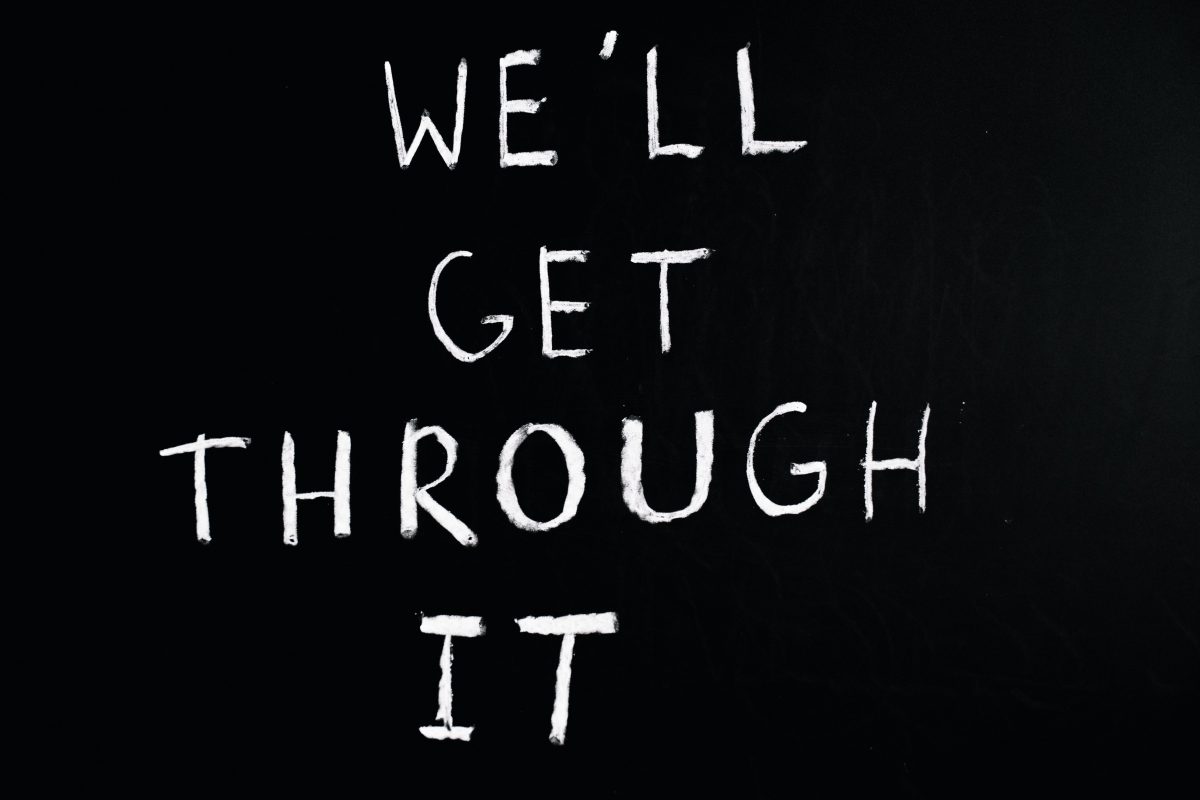Loss of control in alcoholism
It is said, if you are trying to control your drinking, you have already lost control!
As the alcoholic progressively loses control over his drinking, he can no longer restrict it ot socially and culturally accepted times and places. He often drinks more than he intended, and the drinking continues despite extremely punishing consequences.
He may drink in the morning, at lunch, in the middle of the night, in the car, in the bathroom, in the garage, in the closet, and the pub. His drinking behaviour can no longer be disguised as normal or heavy drinking. His inability to stop drinking – despite his firm resolution that he will stop after one or two – is striking confirmation that he is physically addicted to alcohol.
Tolerance and Control
The alcoholic loses control over his drinking because his tolerance decreases and the withdrawal symptoms increase. The alcoholic’s tolerance, which was so high in the early stages of the disease, begins to decrease because his cells have been damaged, and he can no longer tolerate large amounts of alcohol. While tolerance is lessening, the withdrawal symptoms are increasing in severity. The alcoholic is now in the dangerous position of needing to drink because he suffers terribly when he stops drinking but cannot handle the high levels of alcohol necessary to relieve the symptoms. He has also lost the ability to judge accurately how much alcohol his body can take. As a result, he often overmedicates himself with alcohol, drinking to the point where he either loses consciousness or becomes so violently ill that he is forced to stop drinking.
Loss of control does not happen suddenly, nor is it always characterised by the alcoholic drinking everything in sight. Loss of control occurs gradually and is sometimes evident in the early stages of the disease when the alcoholic occasionally overdrinks his tolerance. The effects of overdrinking are highly unpleasant, and the early-stage alcoholic will attempt to drink within his tolerance level. At this point in the disease, he can usually exert considerable control over his drinking and thus avoid penalties.
As alcoholism progresses, the episodes of uncontrolled drinking become more frequent and severe. The middle- or late-stage alcoholic may start drinking in the morning to alleviate the tremors in his hands, the queasiness in his belly, and the ache in his head. The first drink works quickly, and the second drink makes him feel almost normal. Soon, however, his blood alcohol level begins to descend as the alcohol is gradually broken down and eliminated, the acetaldehyde level builds up, and the alcoholic starts feeling jittery again. He throws down another drink and then another, trying to forestall his agitation and anxiety. Some alcoholics may never drink in the early morning or after dinner, but the progression will remain. A drink or two may be “necessary” at lunch. Lunch may stretch out until midafternoon. For the rest of the workday, the alcoholic may sip from a bottle hidden in his desk. He may have a drink as soon as he gets home, and his predinner glasses may increase.

Withdrawal and Control
The cycle of drinking is, in fact, an effort to relieve the impending withdrawal symptoms, and it may go on for some time. Healthier alcoholics can drink for days or weeks, precariously balancing the benefits of drinking with the increased withdrawal penalties. Severely malnutritioned alcoholics whose tolerance for alcohol has decreased significantly or alcoholics with liver disease or gastritis may only be able to put off the penalties for a few hours or perhaps a day or two of drinking.
Soon enough, more alcohol must be drunk to compete with the rate at which alcohol is eliminated. It is a race against time – a losing race. At some point, alcohol can no longer neutralise the increasing anguish, tremours, and nausea, and the alcoholic is forced to stop drinking because he passes out or becomes acutely ill. The alcohol who drinks to this extreme has clearly lost control.
It is suggested to seek professional help before the situation becomes so severe that the alcoholic needs to be hospitalised or loses his job, partner or life.
If you or a loved one is struggling with alcohol-related issues, call Freephone 0800 140 4044
Freephone: 0800 140 4044
Local rate: 0300 330 3040

